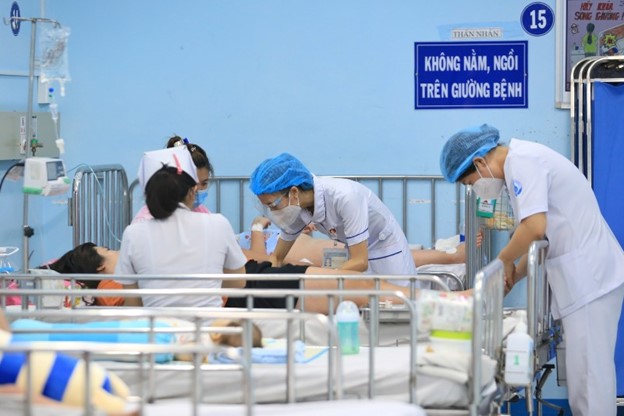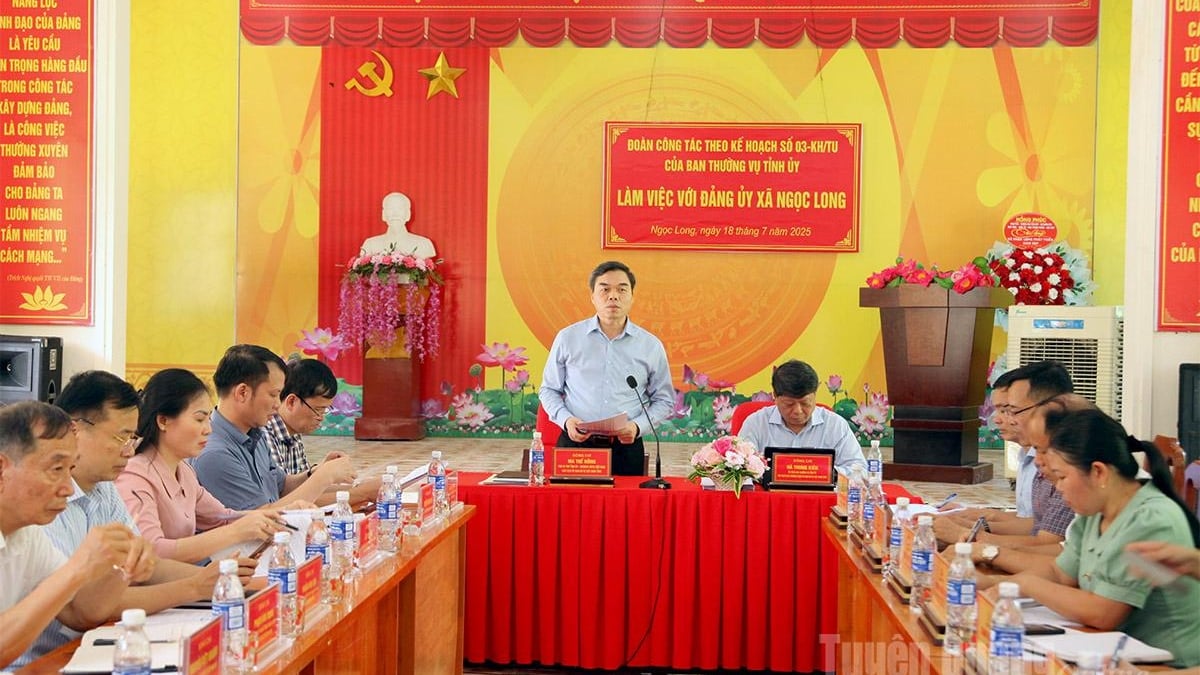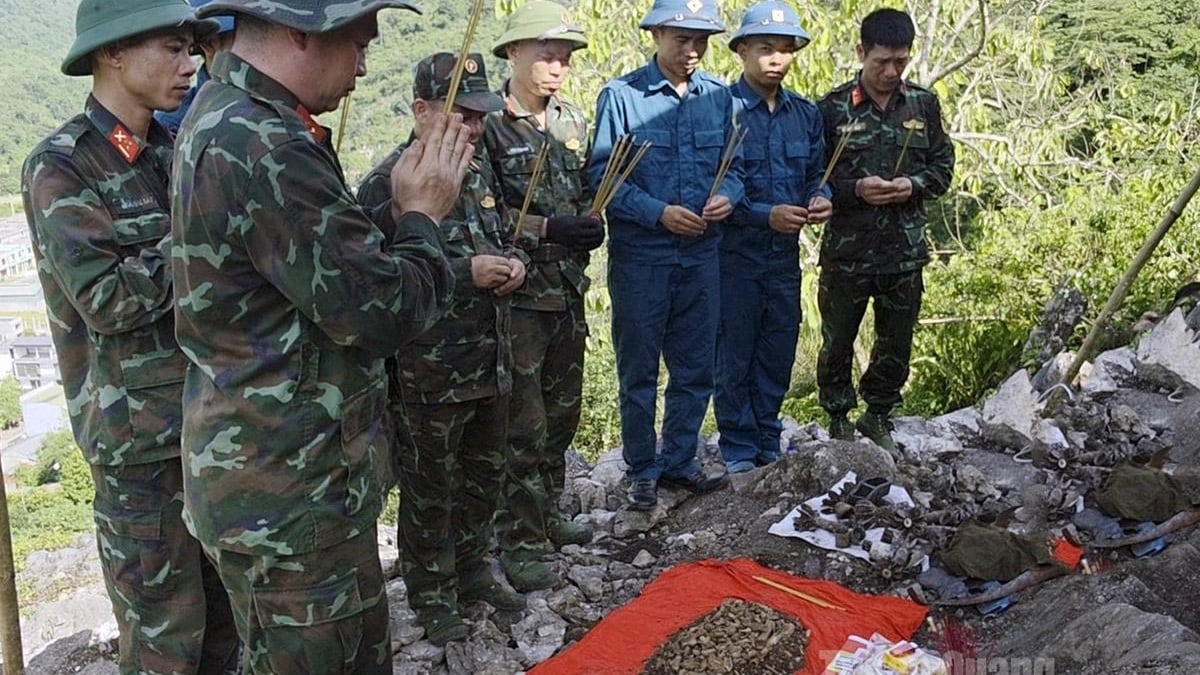Recent information from the Hanoi Center for Disease Control (CDC) said that Thach That is the locality with the highest number of cases with 483, followed by Hoang Mai, Bac Tu Liem, Thanh Tri, about 200 each.
Since the beginning of the year, the number of detected cases is nearly 2,800, an increase of 4.7 times compared to the same period in 2022, with no deaths due to dengue fever recorded.
The city currently records 110 active outbreaks, of which Thach That, Bac Tu Liem, Dan Phuong, Phu Xuyen, Thuong Tin, Ha Dong, and Tay Ho are districts with high mosquito and larvae indexes.

It is forecasted that in the coming time, dengue fever will continue to record patients in districts, towns and cities. (Source: CDC Hanoi).
Since July, the Tropical Diseases Clinic at E Hospital has admitted about 20 people with dengue fever every day, mostly pregnant women, the elderly, and people with underlying medical conditions. Most of the patients were admitted to the hospital in serious condition, with symptoms of coughing up blood, vaginal bleeding before menstruation, black stools, elevated liver enzymes, pleural effusion, and low blood pressure.
Dengue fever has also appeared in many children. Accordingly, the Tropical Disease Center, National Children's Hospital, has received 120 children with dengue fever for examination and treatment since the beginning of the year, double the number over the same period. More than 50 cases were hospitalized with severe symptoms, and many children even contracted the disease again.
Dengue fever is an acute infectious disease caused by a virus, occurring all year round but most concentrated in the rainy season, when humid weather is favorable for mosquitoes to develop and transmit the disease. Therefore, experts predict that the number of cases will continue to increase, according to the rule from June to November, and recommend that people take measures to protect themselves and their families.
There are four types of dengue virus, corresponding to four serotypes: D1, D2, D3 and D4. Test results of 20 samples from dengue patients in July in Hanoi showed that 12 samples were positive for D1 and four samples were positive for D2.
According to Dr. Nguyen Van Lam, Director of the Center for Tropical Diseases, National Children's Hospital, the disease starts quite suddenly and progresses through 3 stages: fever, danger and recovery. In particular, after the fever stage, children enter the dangerous stage, usually around the 3rd to 7th day after contracting the disease.
Therefore, when experiencing symptoms of high fever, fever-reducing drugs are ineffective, or cough, body aches, patients should go to the hospital immediately. Pathologically, dengue fever lasts for more than a week.
Initially, the patient had a high fever for 6 days, accompanied by body and muscle aches. From day 3 to 7, platelets gradually decreased, blood thickened, the patient may have mucosal and visceral bleeding, blood clotting disorders, and possibly dengue shock.
There is currently no specific treatment for dengue fever, mainly treating symptoms and monitoring warning signs. Therefore, people need to clean their houses, kill mosquitoes, sleep under mosquito nets, do not buy medicine on their own and treat at home.
Le Trang
Source






























































































![[Infographic] In 2025, 47 products will achieve national OCOP](https://vphoto.vietnam.vn/thumb/402x226/vietnam/resource/IMAGE/2025/7/16/5d672398b0744db3ab920e05db8e5b7d)





Comment (0)